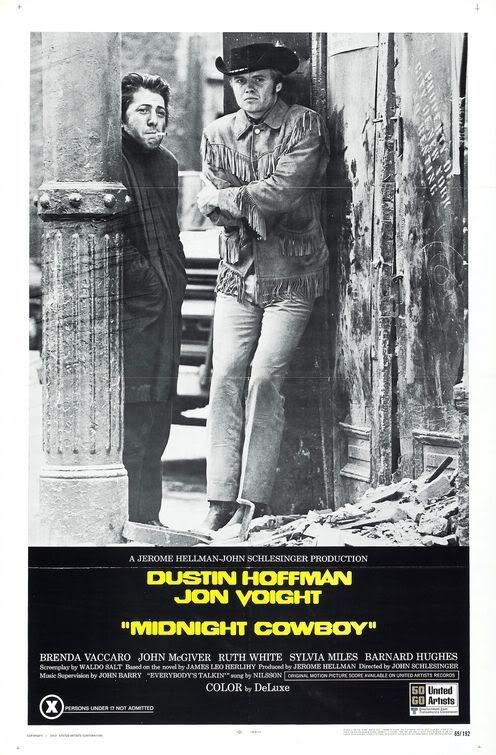(The article itself is here http://movies.yahoo.com/mv/news/eo/20080730/121746906000.html
but this time, I see no reason to read it)
"To Vicki Kunkel, author of upcoming Instant Appeal: The 8 Primal Factors That Create Blockbuster Success, movies that play on and on and on, like Titanic, are the cinematic equivalent of potato chips—one viewing is not enough.
"Titanic pretty much had all the elements that light up the endorphins on the brain," says Kunkel. "Anything that makes us feel good is addictive." "
Wow. Wow. Wow.
So first, Kunkel says that Titanic was successful because it had "all the elements that light up the endorphins in the brain." In other words, people liked the movie because...people liked the movie. Then she says "anything that makes us feel good is addictive." Really Vicki? Really? I am so glad that you are being paid to write a book about this. So we can boil what we've got so far to: "People liked Titantic because people liked Titanic. And when people like something, they want more of it." Oh god, someone call MGM and tell them we've got their formula: people like movies that people like, and will want to see more of them.Now, Ms. Kunkel, what are these elements that people like about Titanic?
"If all blockbuster movies contain like elements, Kunkel points out, then Titanic had all the right elements, including a love story (see: Leonardo DiCaprio's Jack and Kate Winslet's Rose), a self-sacrificing heroine (see: Rose spurn her rich fiancé, Billy Zane's Cal, for poor Jack) and a clear-cut battle between good and bad (see: Jack take on Cal)."
Huh, well, maybe you could go all Joseph Campbell on us and tell us that all blockbuster movies contain like elements. You could try. It wouldn't work. But your like elements are:
1. Love Story
2. A self-sacrificing heroine
3. Good vs. Bad
It is true that more blockbusters than not have love stories, but it's also been proven many times that blockbusters don't need love stories to succeed. Last time I checked, #s 2, 4, and 5 on the all time domestic list were Star Wars, ET, and The Phantom Menace. None of those (assuming you don't count the love between a boy/starship captain/George Lucas and his alien) have love stories. And these are 3 of the top 5. Ever.
Do I need to mention a self-sacrificing heroine as a key element for a blockbuster? No? Ok, moving on: good vs. bad. Thanks Vicki. Your first two "elements" are bogus and your third is "good vs. bad." I am so writing a book too. I will tell studio executives that people like good vs. evil stories. I will make so much money.
Finally, Vicki doesn't think that The Dark Knight can pass Titanic because: "We relate more to real people than we do to superheroes," Kunkel says. "And that's when the real addictiveness happens, when we have a deep primal connection."
Ok, I'm gonna bypass the "primal" stuff. She gets a pass she doesn't deserve there. But first, "real people." She does know that Jack and Rose aren't real people, right? That their names in real life are Leo and Kate? Does she know that? Maybe. Let's give her the benefit of the doubt, and assume she means relatively mundane people who don't, I dunno, have fantastical larger than life adventures or befriend ogres or are ogres. I ordinarily would be kind and say that Batman is a "real" person in a way that, say, Gandalf isn't, but she has argued for a distinction between Batman and "real" people, so she has to live with it.
Now let's look at the main characters of the Top 25 Domestic blockbusters of all time:
"Real People": Rose and Jack; Forrest Gump; Jesus (It is my personal belief that those latter two have fantastical larger than life adventures, but I'm cutting Vicki some slack);
"Not Real People": Luke, Leia, and a Wookie; Two Ogres and a Donkey; ET; Jar Jar and some Jedi; Captain Jack Sparrow; Spider-Man; More Jedi; Aragon and some Hobbits; Spider-Man again; Dinosaurs; Batman; The Hobbits again; Talking Fish; Spider-Man again; Talking Lions; The Ogres again; Robots who transform into cars; a Boy Wizard; Iron Man; Gandalf and some Hobbits; a Globe-trotting Archeologist; More Jedi.
So there, Vicki, your primal connection to "real people" has 3 votes for, 22 against. And I let you count Jesus, for Christ's sake. You are seriously wrong about everything.
Now, finally, someone might say that my top 25 aren't valid, because they're all pretty recent, because of ticket inflation. You could argue that...but if you account for ticket inflation, then Titanic isn't #1 anymore. And since our lovely author's entire premise is that Titanic is the #1 movie of all time because it has the right "primal" elements...that's not a good way to go.















